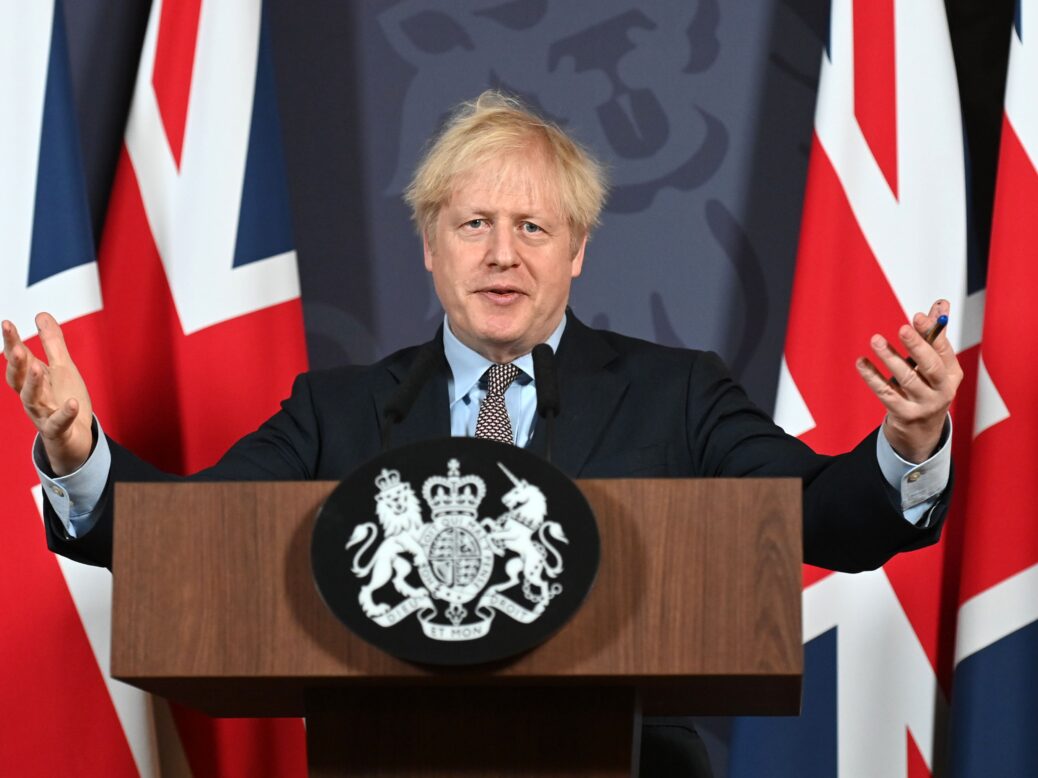
Is the government’s free trade agreement with the European Union any good or not? It’s a question that is both easy and hard to answer. From a Remainer perspective, the agreement is considerably worse than the relationship it replaces: we no longer have frictionless trade with the EU, we are no longer a member of the customs union or the single market, and while due to geography and the EU’s status as a regulatory hegemon, our rules and regulations will continue to be shaped by EU law, we will no longer be able to shape EU law directly.
But it’s hard to answer that question from a Brexiteer perspective, in a way that assessing the withdrawal agreements of Theresa May and Boris Johnson was not. In part that’s because some aspects of the deal are subject to further negotiation in practice, in part it’s because we are waiting on the fine detail of the deal, but more importantly it’s because we still don’t know what this government truly wants out of Brexit other than for it to happen.
We knew, for instance, that May wanted to end the free movement of people and secure the ability for the UK to strike its own trade deals while securing the closest possible relationship with the EU compatible with those two aims – and her withdrawal agreement would have allowed her to achieve those aims. Johnson wanted a withdrawal agreement that allowed England, Scotland and Wales to escape the customs and regulatory orbit of the EU, and his withdrawal agreement allowed him to secure those aims.
That makes assessing the quality of the deal on its own terms very difficult. This isn’t the best Thatcherite or neoliberal Brexit – that would have involved remaining in the single market but leaving the customs union, leaving the UK free to strike its own trade deals, regaining a large amount of regulatory autonomy but remaining within the largest free trade area in the world. It is not a good Brexit from a Unionist perspective, because it deepens the regulatory and customs border between Northern Ireland and the rest of the UK.
Nor is it the Brexit that reclaims the greatest amount of regulatory autonomy for the UK, because the way to reclaim the maximum amount of sovereignty is a no-deal Brexit. However, it may be the Brexit that reclaims the maximum amount of sovereignty without a no-deal Brexit, and there is a reasonable argument to be made that, in a democracy, no government could deliver a no-deal Brexit and remain in office afterwards. A no-deal Brexit would also have made it impossible to maintain a close security alliance with the EU in general, and France in particular, which has been one of the few consistent parts of Johnson’s premiership.
That uncertainty about what this Conservative government actually wants out of Brexit, other than for it to happen, makes it hard for us to assess it on any terms other than what it isn’t: which is to say, it is not the best Brexit for the Union, not the close relationship longed for by Remainers, and not the best Brexit from a traditional free-market perspective either. That lack of an overarching story about what the government wants to do specifically with Brexit could mean that defending this trade agreement once the details are published, and its implementation begins, may be a task that Johnson and his government find beyond them.
But it also speaks to a wider confusion in this government: is the point of Brexit to secure the lower-regulation future envisaged by Rishi Sunak? Is it to spend more money on the public services and to turn back the global winds that have seen small towns lose out regardless of where they are in the world and the trade agreements they are or are not in? That the answer is unclear is one reason why we can’t really begin to assess this deal on its own terms, and that confusion will have implications for the government’s approach beyond Brexit.






